SHEFFIELD, UK: According to British scientists, the dentition of puffer fish could provide a new model for understanding the genetic processes underlying the mechanism of continuous tooth replacement. With further research, they hope to identify the gene network responsible for the maintenance system, which is lost in humans after the second set of teeth.
For the first time, researchers from the University of Sheffield’s Department of Animal and Plant Sciences have analysed the development of the dentition of the puffer fish and found that its unique dental structure is modified by a distinctive developmental genetic bauplan.
Puffer fish belong to the Tetraodontiformes family, which characteristically possess four teeth, two in the upper jaws and two in the lower jaws. These teeth form paired opposing beak-shaped tooth-plates and are constantly renewed throughout the creature’s life, the researchers found.
“The beak structure is made from many bands of dentine, stacked together. Each band represents a new replacement tooth, and they can have more than seven separate bands making up the beak, with new bands continuously being formed to replace those damaged by eating,” said Dr Gareth Fraser, expert in the evolution and development of the jaws and teeth in fishes, and lecturer in the department.
Owing to stem cells controlling tooth growth in the jaw, the teeth in humans are replaced only once. With regard to the recent findings, the researchers can now use the puffer fish as a model for lifelong tooth replacement to understand how humans lost their replacement potential and to determine the key genetic regulators of dental stem cell maintenance.
“Furthermore we aim to channel research toward fully understanding the mechanism and genetics of tooth replacement that may lead to novel dental therapies, which could be used to invigorate or revive the dormant tooth replacement genetic tool-kit in humans,” Fraser added.
The article was published online on 7 May in the Proceedings of the National Academy of Science journal ahead of print.
LONDON, UK: Despite worldwide efforts to improve oral health, a global study has found that 35 per cent of the world’s population currently suffer ...
LONDON, UK: In May, the first toothpaste containing bioactive glass was introduced to the public at Queen Mary University of London. Now, a group of ...
CAMBRIDGE, UK: Two new studies focusing on the evolutionary origin of teeth and of vertebra have provided further evidence of the human connection to marine...
LONDON, England: Previous research has shown that, when combined, dental epithelial and mesenchymal cells can form tooth-like structures in vitro called ...
LONDON, U.K./ATLANTA, U.S.: After examining tooth renewal in animals that have tooth replacement and regenerative abilities, researchers from the U.K. and ...
DUNDEE, Scotland: As the global health community marks World Mental Health Day today, the dental profession is being urged to confront a pressing concern ...
BROMLEY, UK: When beauty therapist Caroline Sumpter from Bromley bought a Megawhite Teeth Whitening Licence from Dentawhite in Glasgow, she was not aware ...
CAMBRIDGE, UK: Dental caries is the primary cause of elective hospital admissions among UK children aged 5–9 years, and the disease accounts for nearly ...
In this interview, Dr Adham Elsayed, certified specialist in dental prosthodontics and implants and clinical and scientific manager at Kuraray Noritake ...
The last two decades have seen significant advances in restorative techniques and materials for dentistry. The latter, along with community-based preventive...
Live webinar
Tue. 3 March 2026
4:00 pm UTC (London)
Dr. Omar Lugo Cirujano Maxilofacial
Live webinar
Wed. 4 March 2026
1:00 am UTC (London)
Dr. Vasiliki Maseli DDS, MS, EdM
Live webinar
Wed. 4 March 2026
5:00 pm UTC (London)
Munther Sulieman LDS RCS (Eng) BDS (Lond) MSc PhD
Live webinar
Wed. 4 March 2026
6:00 pm UTC (London)
Live webinar
Fri. 6 March 2026
8:00 am UTC (London)
Live webinar
Tue. 10 March 2026
8:00 am UTC (London)
Assoc. Prof. Aaron Davis, Prof. Sarah Baker
Live webinar
Wed. 11 March 2026
12:00 am UTC (London)
Dr. Vasiliki Maseli DDS, MS, EdM



 Austria / Österreich
Austria / Österreich
 Bosnia and Herzegovina / Босна и Херцеговина
Bosnia and Herzegovina / Босна и Херцеговина
 Bulgaria / България
Bulgaria / България
 Croatia / Hrvatska
Croatia / Hrvatska
 Czech Republic & Slovakia / Česká republika & Slovensko
Czech Republic & Slovakia / Česká republika & Slovensko
 France / France
France / France
 Germany / Deutschland
Germany / Deutschland
 Greece / ΕΛΛΑΔΑ
Greece / ΕΛΛΑΔΑ
 Hungary / Hungary
Hungary / Hungary
 Italy / Italia
Italy / Italia
 Netherlands / Nederland
Netherlands / Nederland
 Nordic / Nordic
Nordic / Nordic
 Poland / Polska
Poland / Polska
 Portugal / Portugal
Portugal / Portugal
 Romania & Moldova / România & Moldova
Romania & Moldova / România & Moldova
 Slovenia / Slovenija
Slovenia / Slovenija
 Serbia & Montenegro / Србија и Црна Гора
Serbia & Montenegro / Србија и Црна Гора
 Spain / España
Spain / España
 Switzerland / Schweiz
Switzerland / Schweiz
 Turkey / Türkiye
Turkey / Türkiye
 UK & Ireland / UK & Ireland
UK & Ireland / UK & Ireland
 International / International
International / International
 Brazil / Brasil
Brazil / Brasil
 Canada / Canada
Canada / Canada
 Latin America / Latinoamérica
Latin America / Latinoamérica
 USA / USA
USA / USA
 China / 中国
China / 中国
 India / भारत गणराज्य
India / भारत गणराज्य
 Pakistan / Pākistān
Pakistan / Pākistān
 Vietnam / Việt Nam
Vietnam / Việt Nam
 ASEAN / ASEAN
ASEAN / ASEAN
 Israel / מְדִינַת יִשְׂרָאֵל
Israel / מְדִינַת יִשְׂרָאֵל
 Algeria, Morocco & Tunisia / الجزائر والمغرب وتونس
Algeria, Morocco & Tunisia / الجزائر والمغرب وتونس
 Middle East / Middle East
Middle East / Middle East
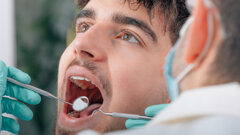
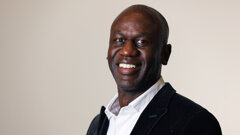


























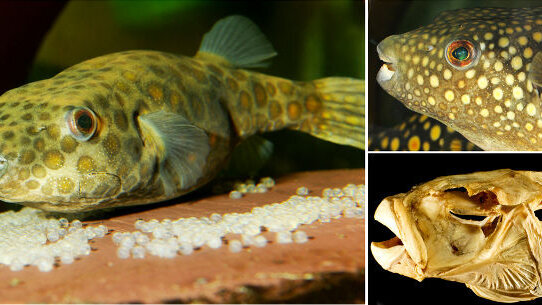



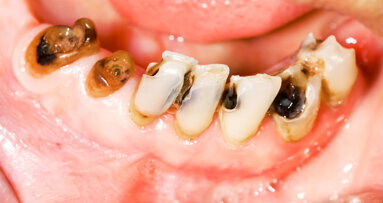
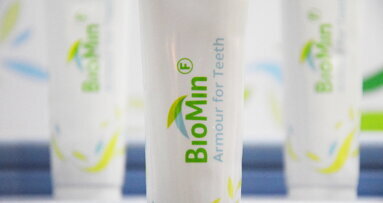
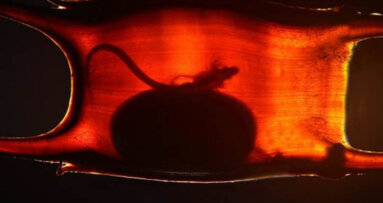
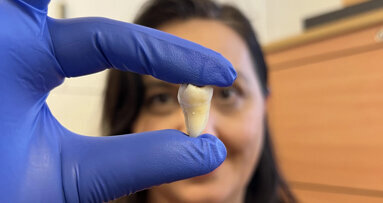


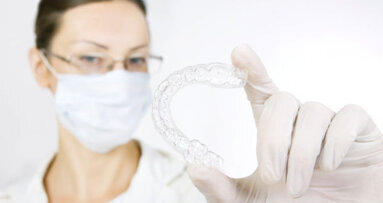

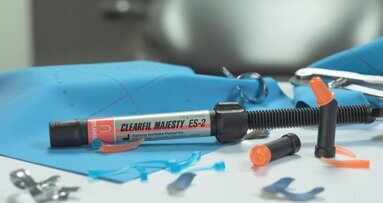
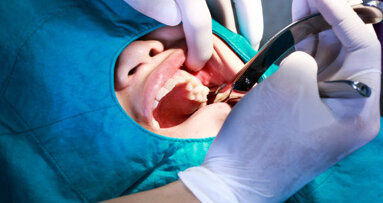







To post a reply please login or register